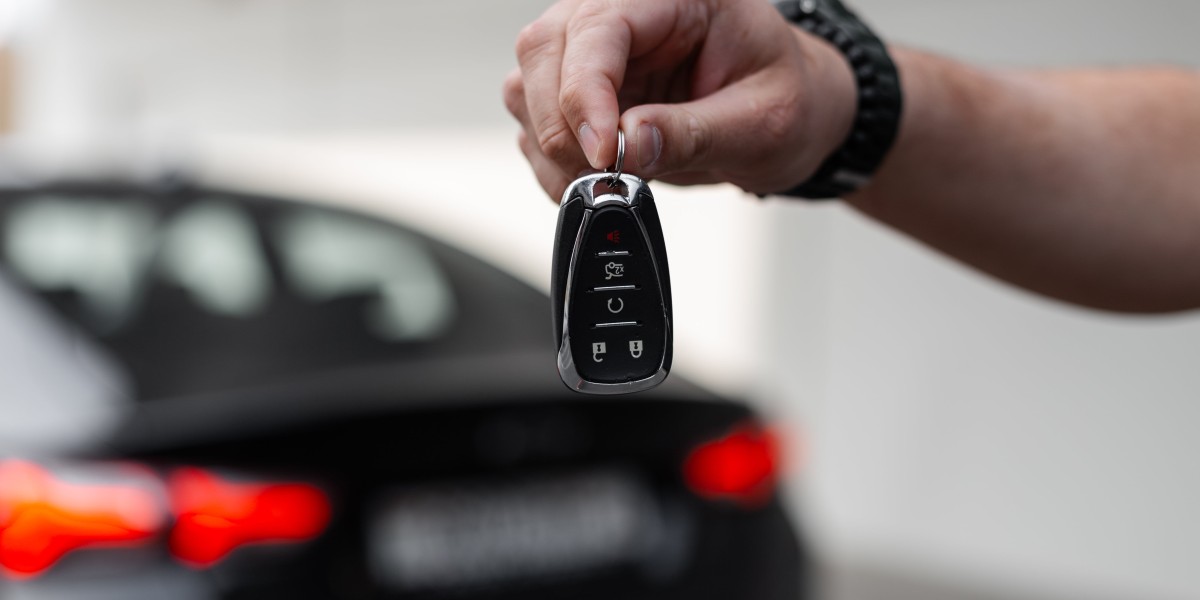Understanding Ignition Key Replacement: A Comprehensive Guide
In today's busy world, where autos are an important part of life, losing or harming the ignition key can produce substantial inconvenience. Ignition key replacement is a procedure that numerous vehicle owners deal with eventually. This short article offers a thorough take a look at ignition key replacement, kinds of keys, the process included, and responses to regularly asked questions.
What is an Ignition Key?
An ignition key is a small metal things designed to operate the ignition system of an automobile. It allows the chauffeur to start the car's engine, and in many contemporary cars, it likewise offers access to additional functions, such as locking and unlocking doors and activating security systems.
Types of Ignition Keys
There are a number of types of ignition keys, each with special features and mechanisms. Comprehending these differences can assist vehicle owners know what to expect when replacing ignition keys.
1. Standard Car Keys
Conventional keys are easy metal keys cut to fit a specific ignition cylinder. This type of key is the most standard and is commonly discovered in older automobiles.
2. Transponder Keys
Modern cars typically come geared up with transponder keys that have a little microchip ingrained within them. This chip sends a signal to the car's ignition system, ensuring that just the correct key can start the engine. Transponder keys provide extra security but can be more expensive to replace.
3. Switchblade Keys
Switchblade keys are a hybrid of standard and transponder keys. They feature a foldable style that pulls back into the key fob. When needed, the key turns open, resembling a switchblade knife. This style is both compact and elegant.
4. Key Fobs and Smart Keys
These are the most sophisticated ignition keys. Key fobs usually include both ignition and remote control functions that permit the motorist to unlock doors and start the engine without inserting a key (keyless entry and start). Smart keys utilize distance sensors to identify the key fob within a specific variety, enabling push-button start performance.
The Ignition Key Replacement Process
Changing an ignition key can vary in complexity depending upon the type of key and the vehicle's make and model. However, the basic process is detailed listed below:
Step-by-Step Guide to Ignition Key Replacement
Report the Lost Key: If the key is lost or stolen, it is essential to report it to regional authorities and notify your insurance provider.
Collect Necessary Information: The vehicle owner must gather all relevant information, such as the make, design, year of the vehicle, and vehicle identification number (VIN).
Check out a Locksmith or Dealer: Choose in between a locksmith focused on automotive keys or a car dealership. Each alternative has benefits and drawbacks regarding cost and timing.
Supply Proof of Ownership: Regardless of who you approach for key replacement, be prepared to show proof of ownership, such as the vehicle title or registration.
Produce a New Key: Depending on the key type, the locksmith or dealer will cut a standard key or program a transponder, key fob, or smart key.
Test the New Key: Once the key is developed, it's important to check it to guarantee it works seamlessly with the vehicle's ignition system.
Potential Costs Involved
Below is a table highlighting the prospective expenses included in ignition key replacement based upon the kind of key:
| Type of Key | Typical Cost | Key Features |
|---|---|---|
| Traditional Key | ₤ 10 - ₤ 40 | Fundamental key, no transponder |
| Transponder Key | ₤ 50 - ₤ 150 | Microchip innovation for boosted security |
| Switchblade Key | ₤ 80 - ₤ 200 | Integrates conventional key features with design |
| Key Fob/Smart Key | ₤ 200 - ₤ 500+ | Advanced performance with keyless entry |
Frequently Asked Questions (FAQs)
1. The length of time does it require to replace an ignition key?
The time required to replace an ignition key can vary, usually ranging from 10 minutes to an hour, depending upon the key type and the service supplier's abilities.
2. Can I replace a lost key myself?
While developing conventional keys can in some cases be made with DIY sets, contemporary transponder and key fob systems typically require customized devices and programs, making it suggested to seek professional help.
3. What to do if I lose my key fob?
If you lose your key fob, it can typically be reprogrammed for a cost by a locksmith or dealership, who can create a brand-new one to ensure that no unapproved parties can access your vehicle.
4. Will my insurance coverage cover key replacement?
Numerous auto insurance coverage policies provide coverage for lost or taken keys. It is a good idea to evaluate your policy or contact your insurance company to verify your coverage details.
5. Are there preventative measures to prevent losing ignition keys?
- Keep spare keys in a safe location.
- Usage keychain organizers to decrease the possibility of losing them.
- Consider getting a Bluetooth tracker for your keys.
Ignition key replacement is an essential aspect of vehicle maintenance that every car owner need to be conscious of. Understanding the kinds of ignition keys, the replacement process, and associated expenses can assist improve the experience. Being proactive about key management can significantly lessen the hassle and expense when faced with the prospective loss or damage of an ignition key. Vehicle owners are motivated to keep notified about their choices to ensure they are ready ought to they ever find themselves in requirement of an ignition key replacement.








